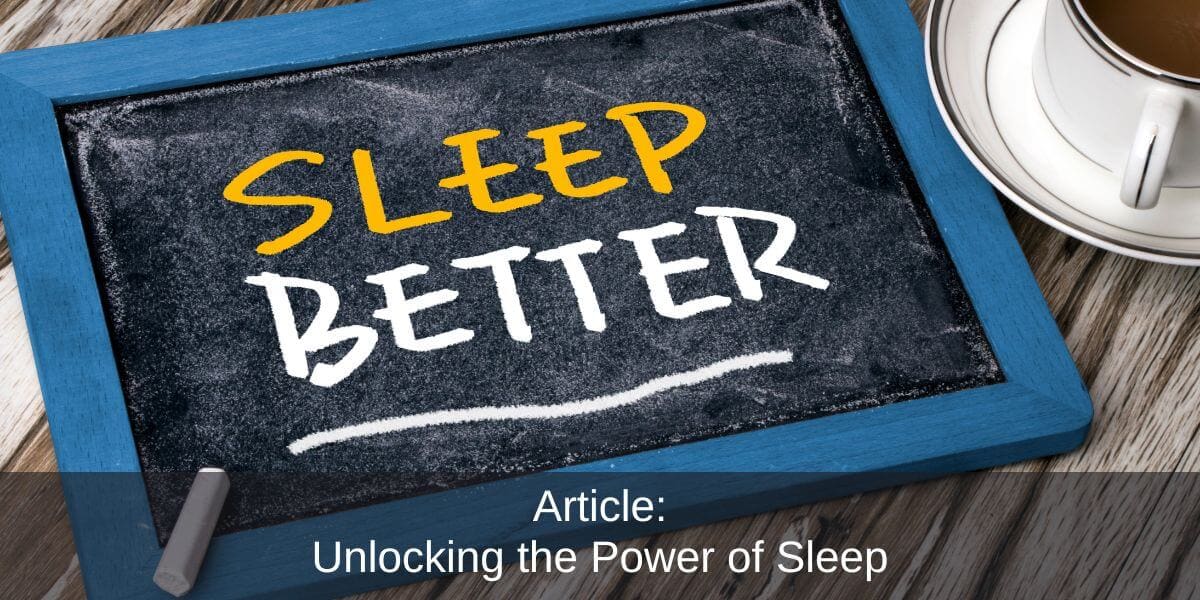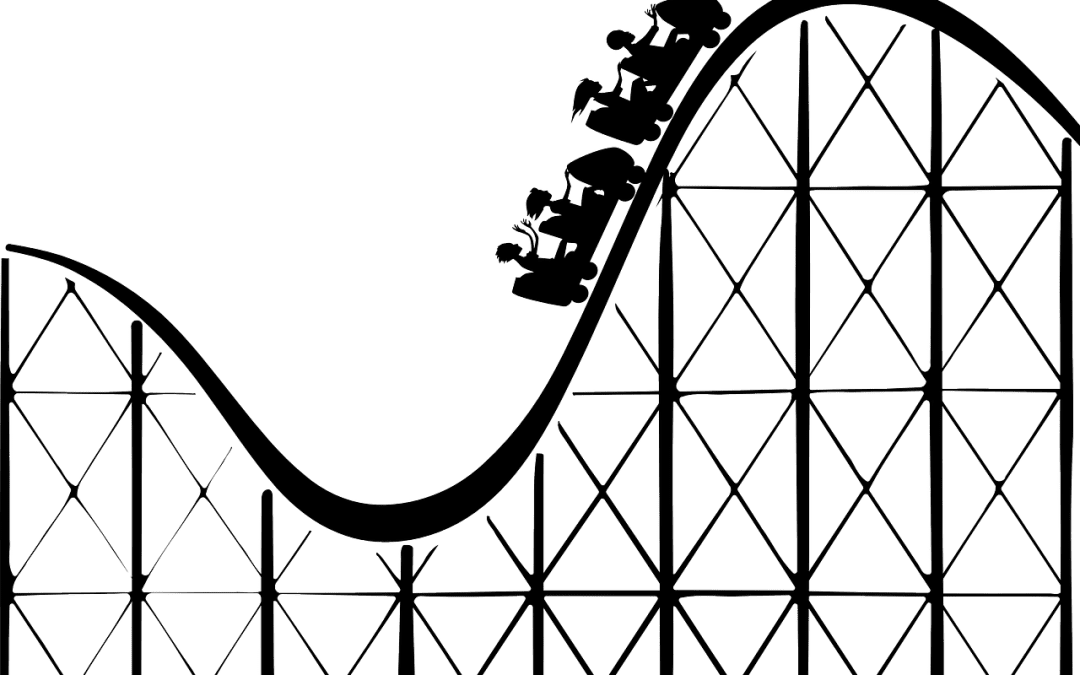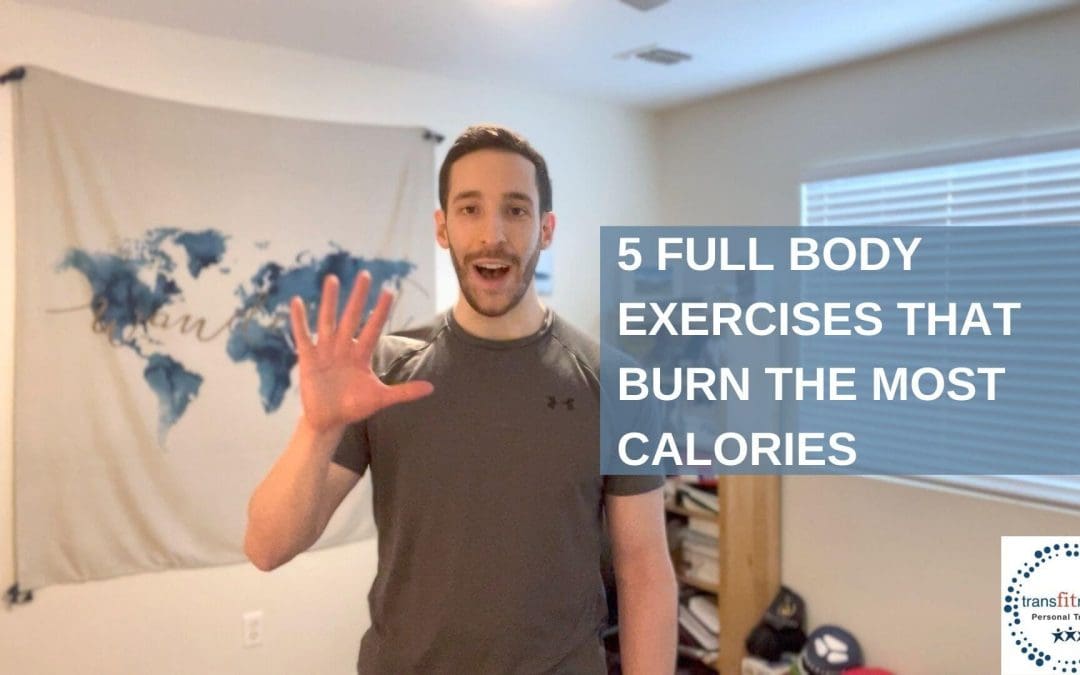Unlocking the Power of Sleep
In the hustle and bustle of modern life, one fundamental Function often slips through the cracks – Quality sleep.
Unlocking the Power of Sleep

In the hustle and bustle of modern life, one fundamental Function often slips through the cracks – quality sleep. The profound impact of proper sleep on our well-being cannot be ignored. Sleep has serious effects on our muscle recovery, mental focus, memory consolidation, and more. Without proper sleep, humans can’t survive, so, we’re going to dive into the lesser-known benefits of sleep and how you can optimize your sleep schedule to feel your best!
Muscle Recovery
Getting proper sleep is crucial for your body’s recovery, especially when it comes to your muscles (Dattilo et al., 2011). Imagine sleep as the essential time when your body does important repair work. When you don’t get enough sleep, it can mess with your hormones, like cortisol and testosterone, creating an environment that isn’t friendly to muscle recovery. The lack of sleep might make it harder for your muscles to bounce back after things like workouts or injuries. So, ensuring you get good sleep is like giving your muscles the best chance to recover and stay in top shape. It’s not just about feeling rested; it’s about keeping your muscles in the best condition.
Mental Health
Quality sleep not only influences our physical health but also plays a crucial role in our mental well-being (“How Sleep Affects Your Health,” 2022). Sleep deficiency can lead to a persistent feeling of tiredness during the day, affecting our overall alertness and cognitive functions. Still, beyond that, people lacking proper sleep can experience challenges in managing emotions and behavior. Research shows that people with sleep deprivation are far more likely to experience “depression, suicide, and risk-taking behavior” (as cited in “How Sleep Affects Your Health,” 2022).
Memory Consolidation
Memory consolidation is a fascinating process that occurs during sleep. When you learn something new, the act of sleeping becomes a crucial next step in fortifying those memories (“Sleep On It,” 2013). Research funded by the National Institutes of Health (NIH) suggests that sleep before learning sets the stage for the formation of memories, while sleep after learning is important for preserving and solidifying that information within your brain (“Sleep On It,” 2013). As you sleep, your brain cycles through different sleep phases, including light sleep, deep sleep, and rapid eye movement (REM) sleep (“Sleep On It,” 2013). The non-REM stages play a vital role in preparing the brain for learning the following day. On the other hand, lack of sleep can impair your ability to learn new things, with a potential drop of up to 40% in effectiveness (“Sleep On It,” 2013).
How Much Sleep Do We Need?
Between 7 and 9 hours a night of sleep is generally recommended for adults (“How Sleep Works,” 2022), but everybody is different and has different sleep needs. If you sleep for 8 hours, but still get tired during the day, power naps may be a useful strategy for you (Power Naps, 2023). Power naps, lasting 20 to 30 minutes, offer a quick energy boost without the grogginess associated with longer naps (“Power Naps,” 2023). Dr. Samuel Gurevich suggests that these short naps, aligned with natural sleep cycles, can improve mood, alertness, memory, and focus (“Power Naps,” 2023). If you find yourself tired despite getting 7 to 9 hours of nightly sleep, a well-timed power nap could be an effective strategy to replenish your energy levels.
Quality sleep is often overlooked but has a huge impact on our well-being, influencing muscle recovery, mental health, and memory consolidation. While 7 to 9 hours of nightly sleep is recommended, individual needs vary. Short power naps of 20 to 30 minutes, aligned with natural sleep cycles, provide a quick energy boost without grogginess. Dr. Samuel Gurevich highlights their benefits for mood, alertness, memory, and focus. Recognizing these lesser-known advantages emphasizes the importance of optimizing our sleep schedules to achieve the goal of feeling well.
References:
Cleveland Clinic. (2023, December 12). Power naps: Benefits and how to do it. Cleveland Clinic. https://health.clevelandclinic.org/power-naps
Dattilo, M., Antunes, H. K. M., Medeiros, A., Mônico Neto, M., Souza, H. S., Tufik, S., & de Mello, M. T. (2011). Sleep and muscle recovery: endocrinological and molecular basis for a new and promising hypothesis. https://pubmed.ncbi.nlm.nih.gov/21550729/
U.S. Department of Health and Human Services. (2017, July 13). Sleep on it. National Institutes of Health. https://newsinhealth.nih.gov/2013/04/sleep-it
U.S. Department of Health and Human Services. (2022b). How sleep affects your health. National Heart Lung and Blood Institute. https://www.nhlbi.nih.gov/health/sleep-deprivation/health-effects
U.S. Department of Health and Human Services. (2022). How much sleep is enough?. National Heart Lung and Blood Institute. https://www.nhlbi.nih.gov/health/sleep/how-much-sleep
Charles Armstrong
Contributing Author
Charles Armstrong is a copywriter with a specialization in the fitness industry, and has a track record of success, having worked with Transfitnation over the course of several years. Additionally, he is an author and entrepreneur, using his skills to help others achieve their goals.
Start Your Transformation Today With A Free Evaluation Session
We Offer Online & Studio Personal Training Based In Smithtown, NY. New Client Special.
Related Articles:

5 Effective Ways To Burn Body Fat, Reduce Hunger & Lose Weight
Do you struggle to burn body fat and lose weight? By making small changes to your eating habits, you will see how easy it is to burn body fat, reduce hunger and...
2 Powerful Tools For Meal Planning: Meal Timing & Tracking
In this article, we aim to provide you with tips and tricks to help you “perfect” your diet/meal plan through meal timing and tracking.2 Powerful Tools For Meal...

How Staying Hydrated Can Help You Reach Your Fitness Goals
Hydration offers many well-known health benefits, such as regulating body temperature, lubricating joints, and protecting the spinal cord and sensitive tissues in...

9 Best Exercises Before Shoveling Snow
Use These 9 Essential Exercises Before Shoveling Snow To Reduce Back Pain & Prevent Injuries. Warm Up Your Body & Use The Right Lifting Techniques To Make Shoveling Snow Safe & Productive.

5 Full Body Exercises That Burn The Most Calories
Here Is A Workout With 5 Full-Body Exercises To Burn Body Fat, Build Muscle, And Burn The Most Calories!5 Full Body Exercises That Burn The Most Calories Dumbbell...

Stephan Reyes Named Person of the Year 2023
Stephan Reyes was honored as TBR News Media's Person of the Year for 2023. Stephan's commitment goes beyond early morning sessions. He strives for holistic...

Best Personal Trainers on Long Island 2024- Transfitnation
Transfitnation has been nominated for Best Personal Trainer on Long Island in the 2024 Best of LI awards. With past nominations in 2021 and 2022, we showcase our...

